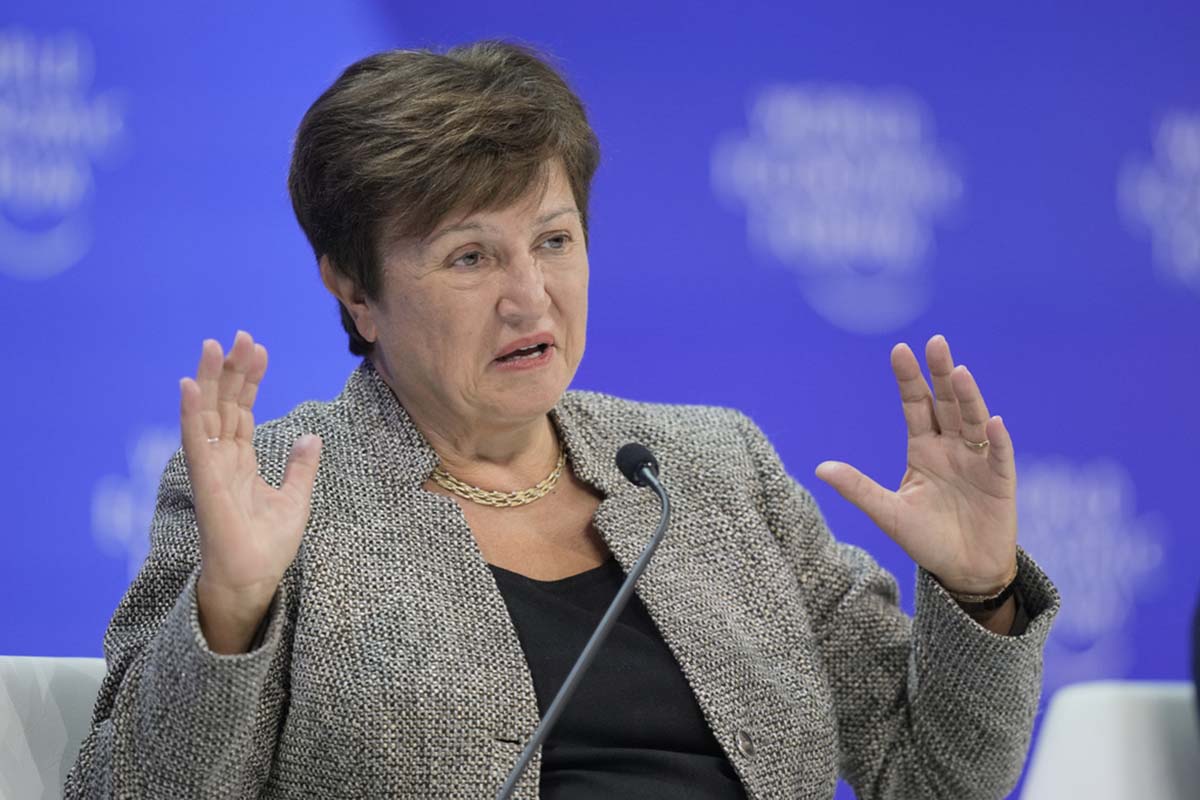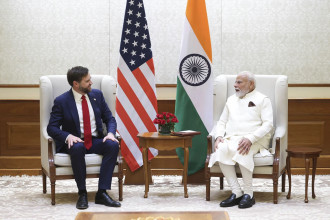
WASHINGTON: The head of the International Monetary Fund stated on Thursday that the world economy has demonstrated surprising resilience in the face of higher interest rates and the shock of war in Ukraine and Gaza. However, she noted, "there is plenty to worry about," including persistent inflation and rising levels of government debt.
"Inflation is down but not out," Kristalina Georgieva told reporters at the spring meeting of the IMF and its sister organisation, the World Bank. In the United States, she said, "the flipside" of unexpectedly robust economic growth is that it's "taking longer than anticipated" to bring inflation under control.
Georgieva also warned that government debts are increasing worldwide. Last year, they rose to 93% of global economic output — up from 84% in 2019 before the response to the Covid 19 pandemic prompted governments to increase spending to provide healthcare and economic assistance. She urged countries to collect taxes more efficiently and spend public money wisely. "In a world where crises keep coming, countries must urgently build fiscal resilience to be prepared for the next shock," she said.
The IMF on Tuesday said it expects the global economy to grow 3.2% this year, a modest upgrade from the forecast it made in January and unchanged from 2023. It also expects a third consecutive year of 3.2% growth in 2025.
The world economy has proven unexpectedly robust, but it remains weak by historical standards: Global growth averaged 3.8% from 2000 to 2019.
One reason for sluggish global growth, Georgieva said, is the disappointing improvement in productivity. She said that countries had not found ways to most efficiently match workers and technology and that years of low interest rates — which only ended after inflation picked up in 2021 — had allowed "firms that were not competitive to stay afloat."
She also cited an ageing "labour force that doesn't bring the dynamism" needed for faster economic growth in many countries.
The United States has been an exception to the weak productivity gains over the past year. Compared to Europe, Georgieva said, America makes it easier for businesses to bring innovations to the marketplace and has lower energy costs.
She said countries could boost their economies by cutting bureaucratic red tape and getting more women into the job market.






